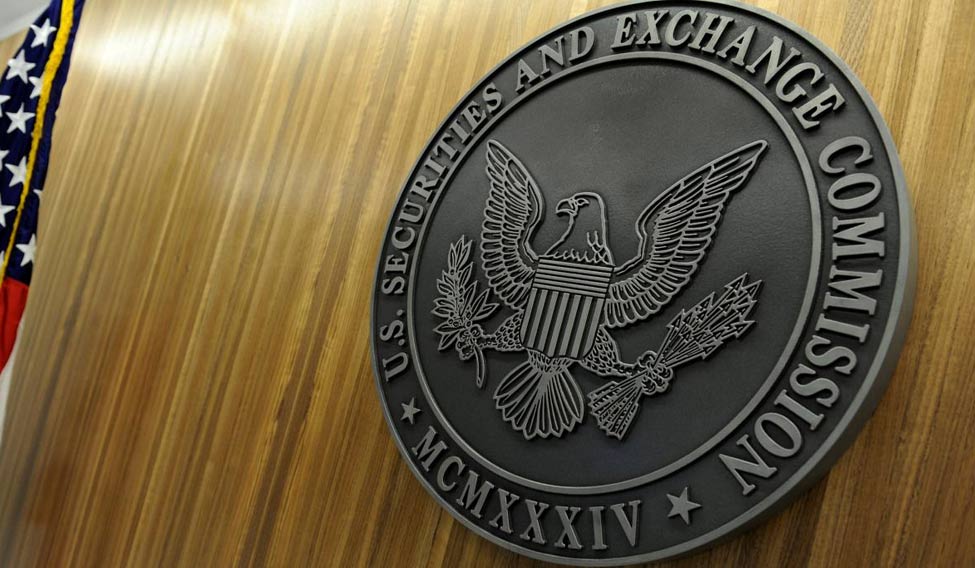Regulators must do more to help mom-and-pop investors better understand the potential risks posed by cyber crime and new technologies used to commit fraud, US Securities and Exchange Commission Chairman Jay Clayton said on Tuesday.
Clayton, who was appointed to the commission earlier this year, said cyber security would be one of the top enforcement issues during his tenure at the head of Wall Street’s main regulator.
“I am not comfortable that the American investing public understands the substantial risks that we face systemically from cyber issues,” he said during a panel discussion at New York University. “I’d like to see better disclosure around that.”
One concern for the SEC relates to a rise in cases of information being stolen by hackers to gain some sort of market advantage, said Stephanie Avakian, co-director of the SEC’s enforcement division, who joined Clayton on the panel along with co-director Steven Peikin.
Other areas of focus include ensuring financial firms take the appropriate steps to safeguard sensitive information; cyber-related disclosure failures; and the growing prevalence of “initial coin offerings (ICOs),” Avakian said.
An ICO is where a digital currency based on blockchain technology is sold publicly and the currency is often traded on secondary exchanges.
The SEC said in July that tokens issued through ICOs, which have allowed startups to raise $1 billion so far this year, can be considered securities, meaning they would fall under laws that require disclosures and are subject to regulatory scrutiny to protect investors, unless a “valid exemption” applies.
The SEC has a number of active investigations into companies that have claimed to be in the blockchain and digital currency space but which are really just trying to steal people’s money, Peikin said.
“As with any kind of newsworthy event, roaches kind of crawl out of the woodwork and try to scam money off of investors,” he said of the rapidly growing popularity of ICOs.
The SEC has a distributed ledger technology working group made up of about 90 people across the commission to help keep abreast of emerging developments and technologies, Peikin said.
From an enforcement perspective, Clayton said there not be any sort of dramatic shift in priorities at the SEC and that the protecting retail investors from harm would be remain the top goal.










